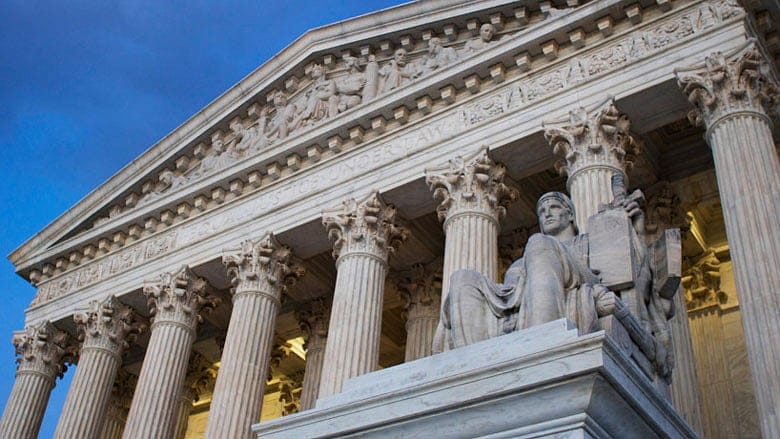The slow death of religious liberty

The Supreme Court refused to hear a case in which the State of Washington changed its pharmacy referral rules for the sole purpose of forcing a handful of pharmacists to carry the "morning after" pill in violation of their religious and moral belief that life begins at conception. Pharmacist referral on the basis of conscience is legal in all 49 other states, and this practice is supported by the American Pharmacists Association and more than 30 other medical and pharmacy associations. In addition, the trial court record contained voluminous evidence that the specific intent of the State was to target "religiously-motivated conduct."
[perfectpullquote align="full" cite="" link="" color="" class="" size=""]RELATED: Pharmacists ask U.S. Supreme Court to protect their conscience rights[/perfectpullquote]

